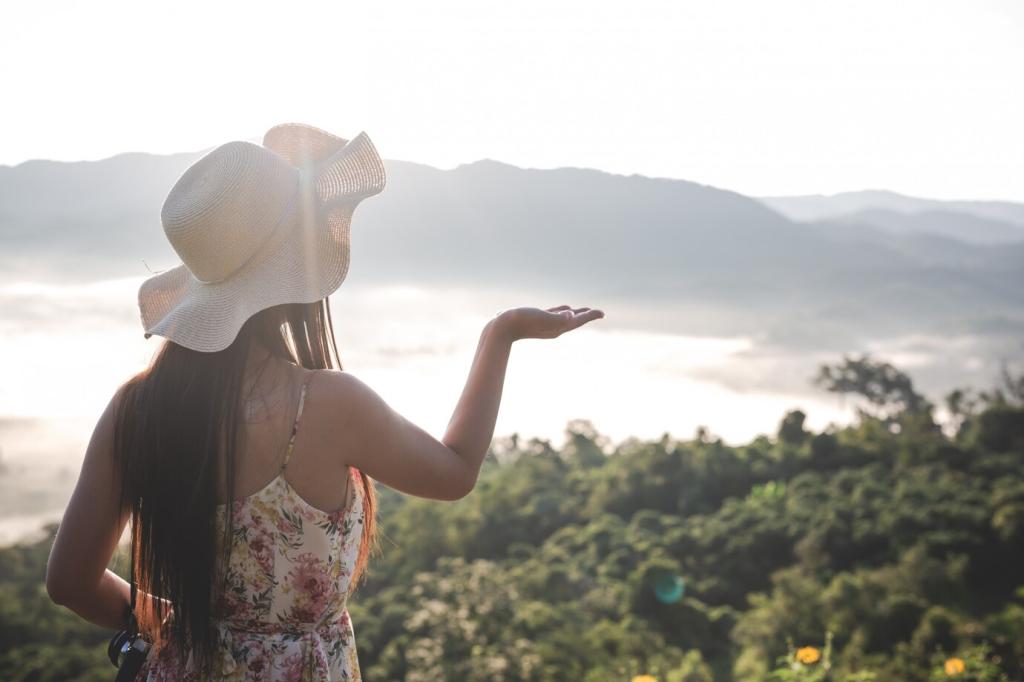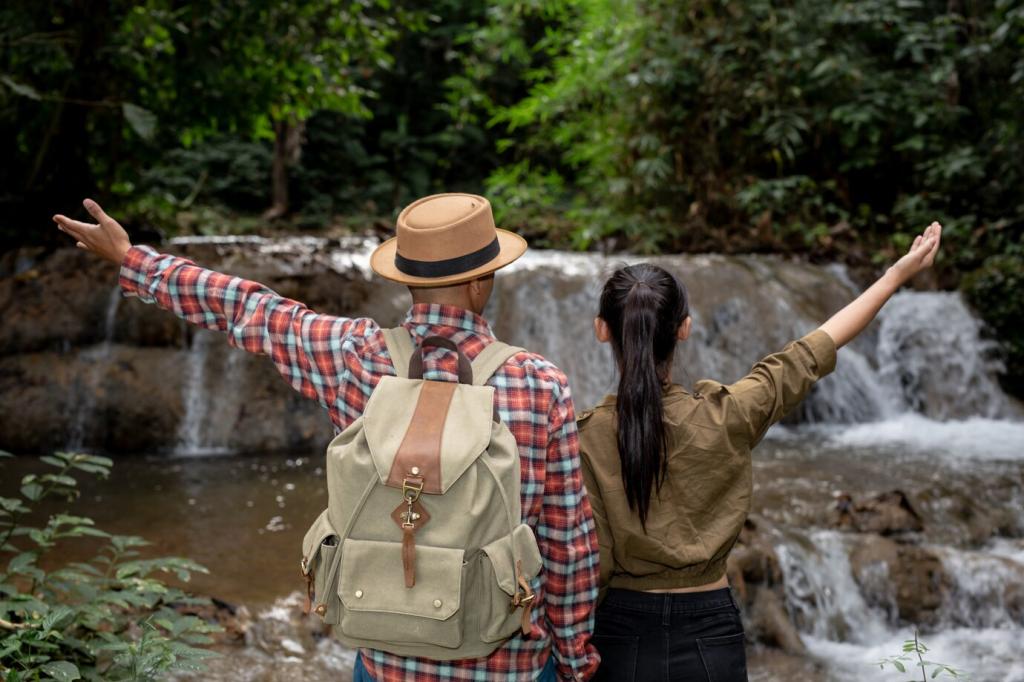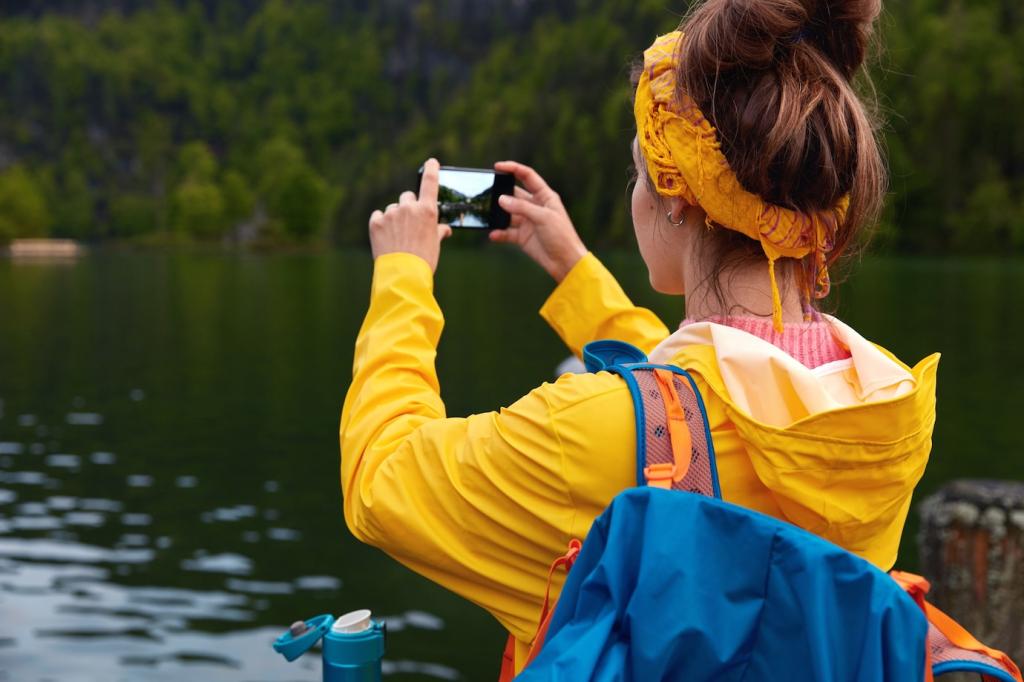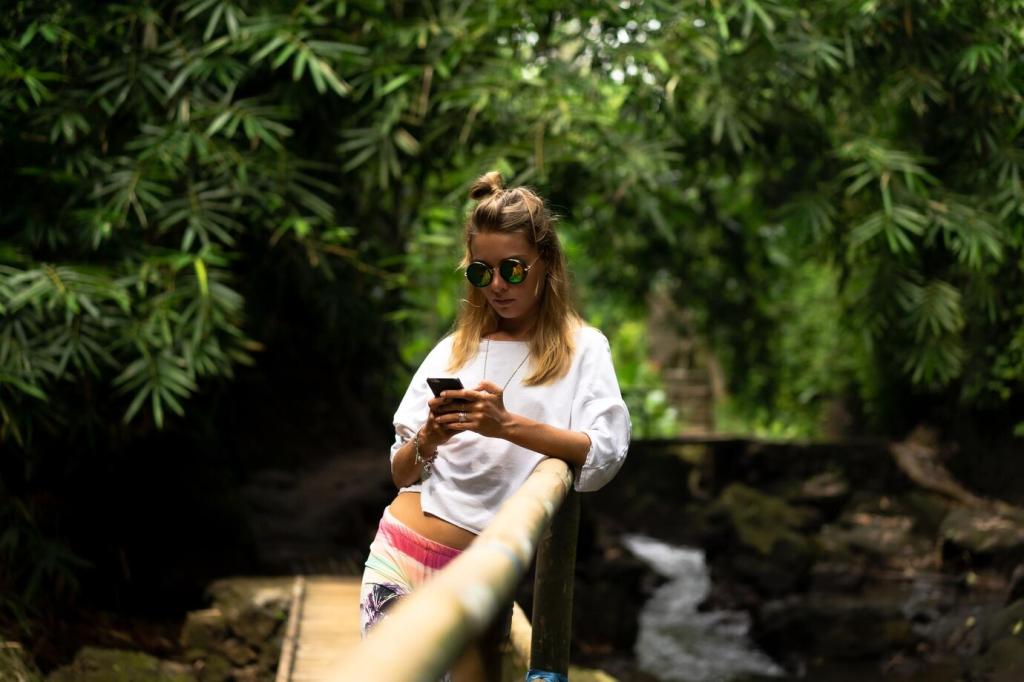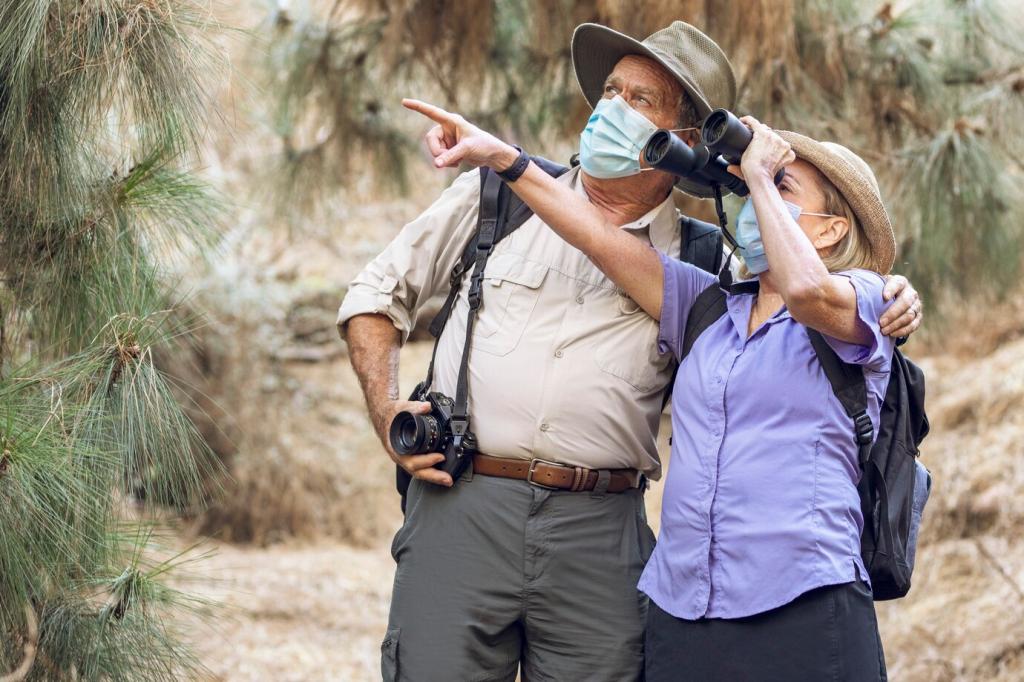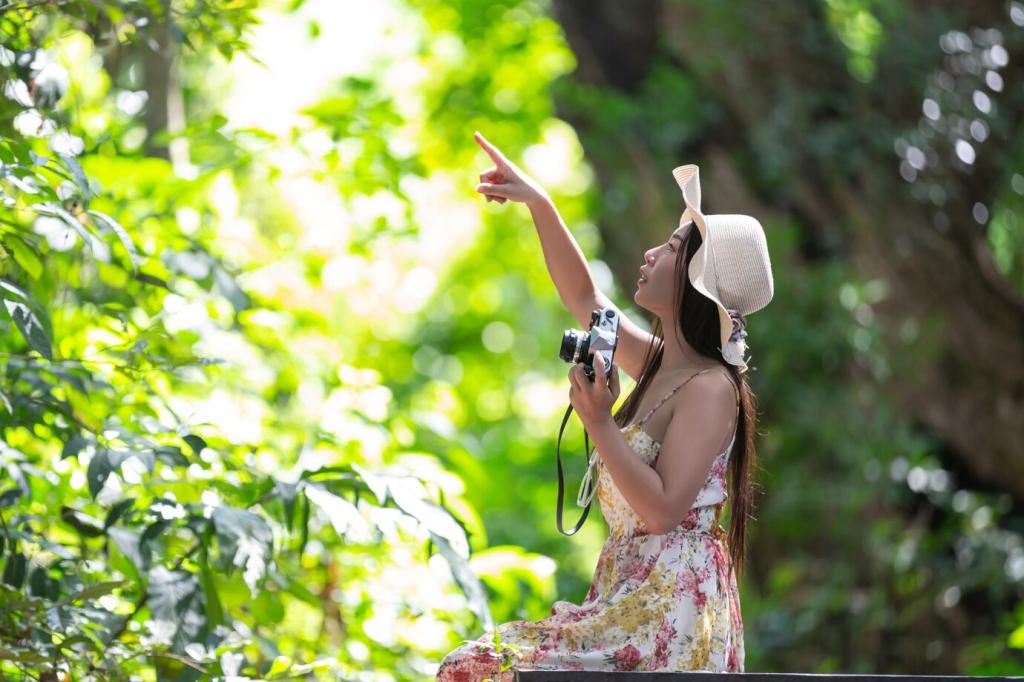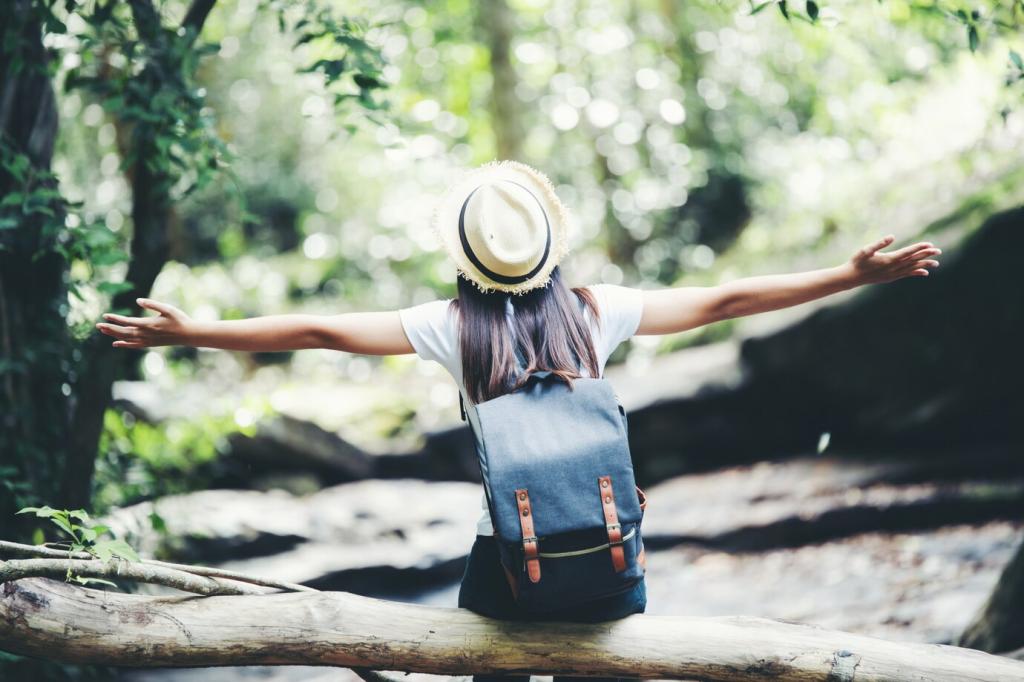Craft, Cuisine, and Markets with Integrity
Authentic goods carry provenance: the artisan’s name, the symbolism of motifs, and sustainable materials. Eco-tourism encourages co-designed collections that avoid copycat imports. Buyers learn to value time, skill, and story, transforming a souvenir into a partnership that keeps workshops busy year-round.
Craft, Cuisine, and Markets with Integrity
Meals tell history—wild herbs, heritage grains, ceremonial breads. Community kitchens feature seasonal dishes, reduce waste, and pay fair prices to farmers. Visitors learn recipes during hands-on sessions, then support local food networks that make traditional cuisine profitable without sacrificing taste, technique, or cultural meaning.


